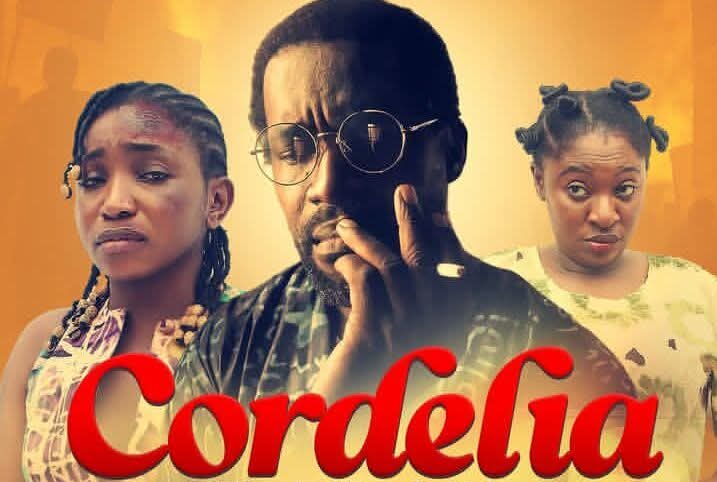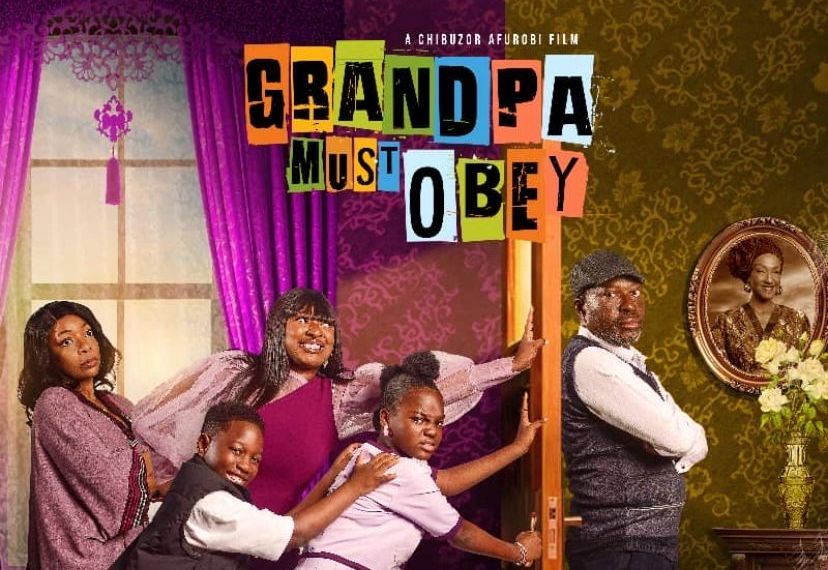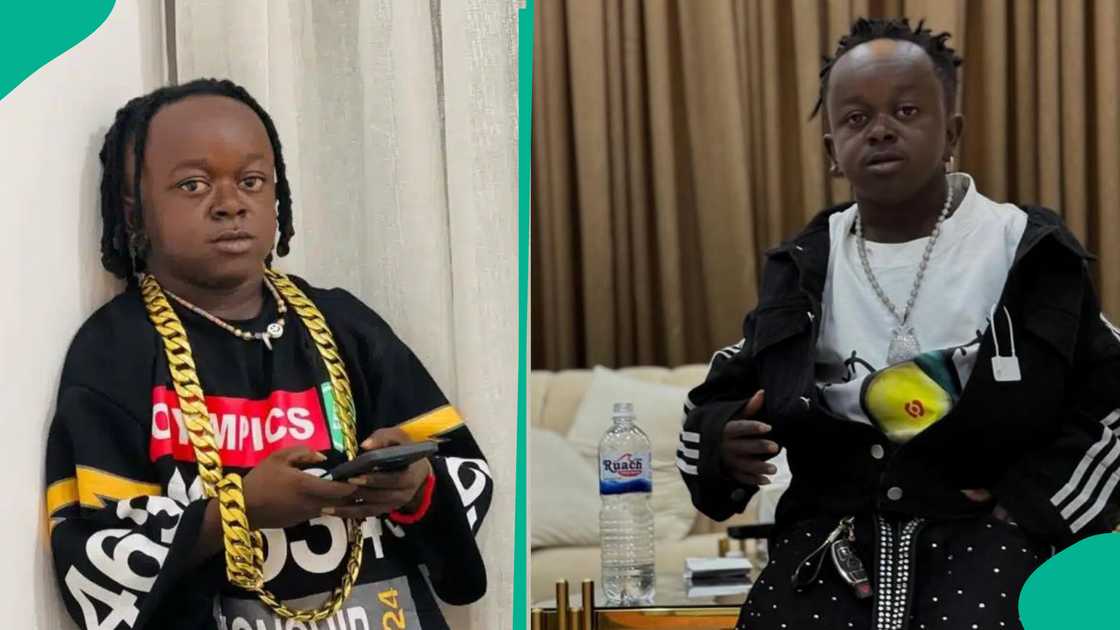Featuring a remarkable ensemble that includes Femi Adebayo, Tunde Kelani, Taiwo George, Yvonne Jegede, Williams Benson, Omowunmi Dada, Jumoke Ajadi, Peter Akande, Kelechi Udegbe, Keppy Ekpenyong-Bassey, and other seasoned performers, “Cordelia” is a highly anticipated film that puts Nigerian history and resilience on centre stage.
Language: English and Yoruba
Duration: 1 hour, 37 minutes
Premiere date: 18 July 2025
Directed by the acclaimed Tunde Kelani, “Cordelia” transports audiences back to the turbulence of Nigeria in the early 1990s, a period marked by military rule and social unrest. The film shines a spotlight on the belief that good deeds, though risky, can ultimately yield profound rewards—a theme rooted in West African storytelling.
The screenplay is adapted from Femi Osofisan’s novella “Cordelia,” weaving together intricate threads of personal and political drama. The story pivots around how a simple act of kindness by a reserved academic becomes the catalyst for far-reaching consequences.
The Plot: Nigeria in Crisis and the Courage to Act
“Cordelia” begins by plunging the audience into the heart of national disorder: student activists at a Nigerian university rise up against the recent military coup orchestrated by Colonel Nwanze Peter. Against this backdrop of tension and fear, the movie captures not just the nation’s strife but also the silent battles fought within individual households.
The central character, Professor Adekunle Benson, faces his own share of personal upheaval. His marriage to Remi, played by Yvonne Jegede, is marked by unhappiness and suspicion, reflecting the ways in which public turmoil can infiltrate private lives.
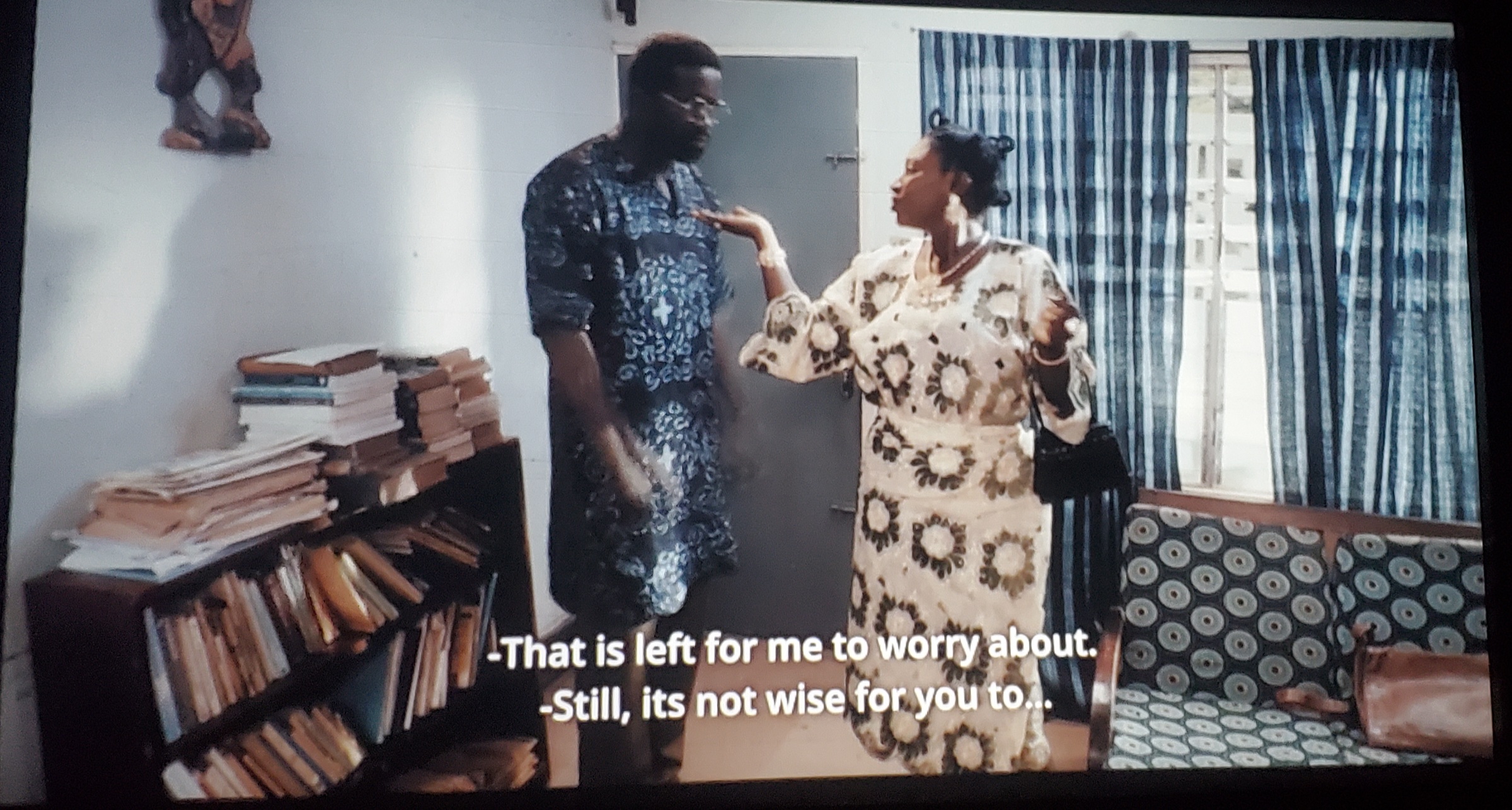
Things take a dramatic turn when Adekunle Benson, through his student Stella, encounters Cordelia—a young woman under attack by fellow students simply because her father is alleged to be behind the military takeover. Cordelia, initially an outsider to Professor Benson, becomes a flashpoint in the complex web of accusations, fear, and violence gripping the nation.
When Stella reveals that Cordelia is in mortal danger and time is running out, Benson acts decisively, rescuing her despite the risks. He becomes caught between his desire to steer clear of trouble and his growing sense of responsibility toward his student, who has been wounded and maligned due to her family ties.
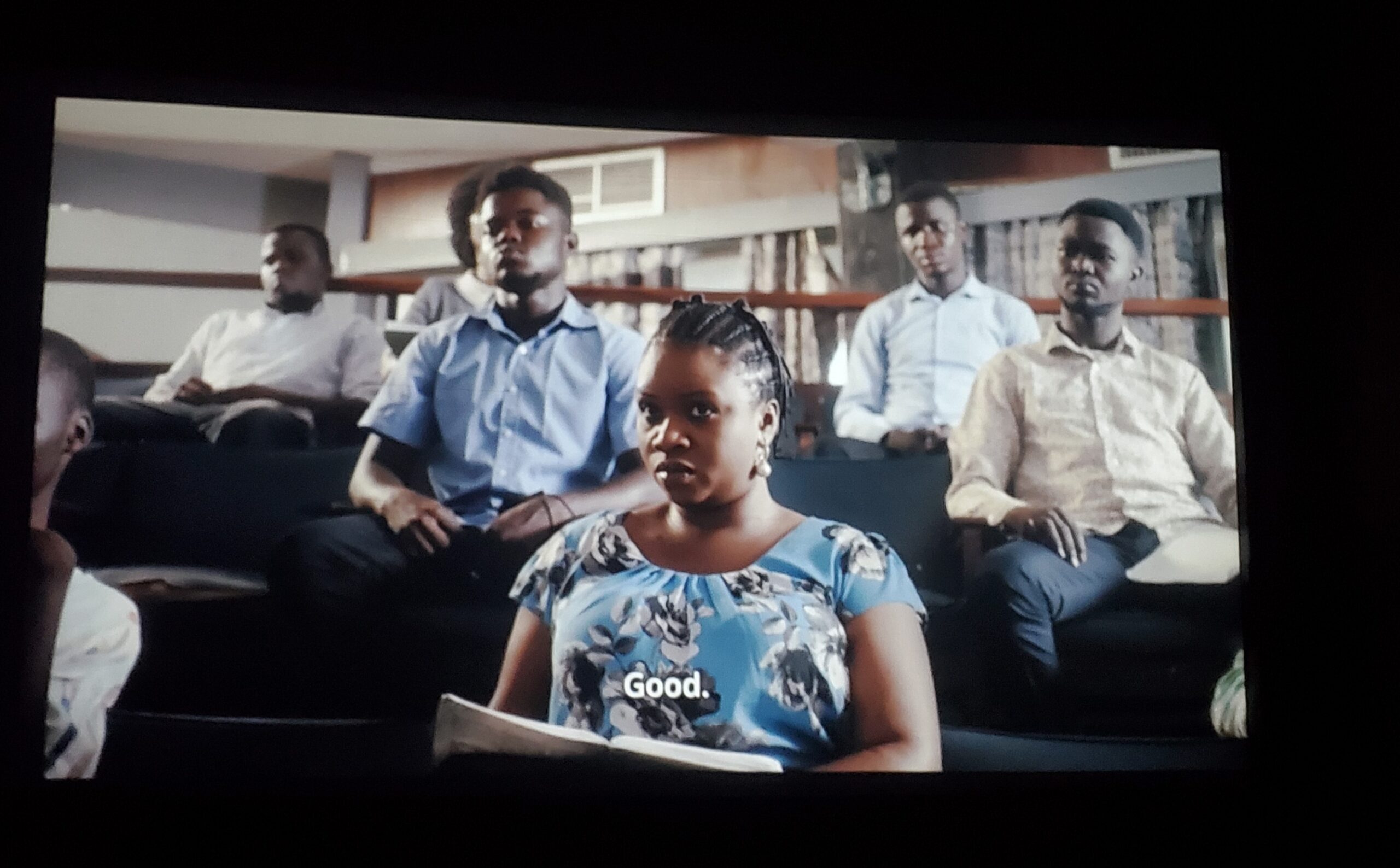
Unaware of the full scale of the danger—and Cordelia’s real identity—Professor Benson hides her, only to find himself swept deeper into political turmoil. As the drama unfolds, he is faced with a dilemma: Should he remain passive to ensure his safety, or risk everything to do what’s right and expose the truth?
In a pivotal twist, Benson is drawn into the machinations of Cordelia’s father, who, in a complex bid for survival, uses the professor to snare Major Kawale and his conspirators. This leads to the kidnapping of Colonel Nwanze Peters, who is forced to declare the coup—a desperate act that ultimately collapses, symbolising the failure of subterfuge in the face of justice and truth.
Justice, though delayed, finally prevails as Colonel Kawale and his accomplices are brought to book, closing a painful but necessary chapter for the country and its people.
Performance and Character Dynamics: A Standout Nollywood Cast
Notably, Omowunmi Dada’s portrayal of Cordelia and William Benson as Adekunle Benson anchor the narrative. Every actor in the cast delivers nuanced performances, bringing to life the emotional and psychological struggles of their characters.
Adekunle Benson’s journey—from a man weakened by personal grief to one of extraordinary bravery—is particularly resonant for Nigerians who have often experienced upheaval in both private and public life. His willingness to assist Colonel Nwanze Peters, take moral stands, and refrain from political corruption adds depth and relatability to his character.
A standout moment unfolds as Benson refuses a ministerial appointment, choosing integrity over temptation, a scenario many Nigerian viewers may find familiar in the ongoing national struggle against corruption. Scenes depicting his patience with his wife Remi, even amidst misunderstanding and accusation, further establish Benson as a man of principle.
Cordelia’s character is no less compelling. She is an intelligent student who, after being falsely associated with a coup through her father, inspires Adekunle Benson to consider justice beyond his own circumstances. Her cheerful persona masks real, persistent fear—a common experience for many who find themselves pawns in political battles.
Remi, played by Yvonne Jegede, oscillates between jealousy and reconciliation. Initially convinced that her husband is guilty of infidelity after Stella’s urgent visit, Remi’s eventual realisation and search for peace add both humour and humanity to the narrative. Jumoke Ajadi’s role as Stella amplifies the urgent, often dangerous choices students and young Nigerians may face in turbulent times.
Exploring Themes: Corruption, Power, and the Human Spirit
“Cordelia” addresses themes that resonate not just in Nigeria but across West Africa and the continent. Among these are:
- Corruption and its impact on all strata of society
- Abuse of power by leaders and law enforcement
- Courage in the face of overwhelming adversity
- The complexities of family life under stress
- Betrayal—as both a personal and political act
The film’s depiction of the coup by Major Kawale, who kidnaps his own in-law Colonel Nwanze Peters for selfish ambition, mirrors historical and contemporary instances of power grabs and their destructive fallout across Africa. According to political analyst Dr. Chidi Okeke, “The storylines in ‘Cordelia’ are sadly familiar in many West African nations, where unchecked ambition collapses institutions and undermines trust.”
Abuse of authority emerges as a central concern as Major Kawale manipulates events, including Cordelia’s abduction, masking self-interest as patriotism. The film lays bare how power can be twisted for personal gain, with innocent people caught in the crossfire and reputations ruined by mere association.
Through the failed coup and its aftermath, “Cordelia” explores how history can be rewritten by those in power, and the extent to which resistance or complicity will shape a nation’s future. These realities echo across the region, where memories of military takeovers and their lingering effects remain vivid.
Yet, amidst the shadows of corruption and betrayal, the movie champions individual courage. Both Cordelia and Benson rise above victimhood to actively challenge injustice. Their progression from fear to boldness serves as inspiration for audiences across Africa, who may themselves be seeking ways to confront corruption and demand accountability.
Marital struggles between Adekunle Benson and Remi, alongside a subtle romantic tension between Benson and Cordelia, add further complexity, showing how social upheaval can disrupt not only institutions but also personal relationships.
Visual Storytelling: Cinematic Excellence and Attention to Detail
“Cordelia” captures the early 1990s with an impressive level of detail through set design, props, costumes, and sound. References to period-specific items like classic telephones, vintage cars, and analogue television bring authenticity to the screen. The soundtrack enriches the emotional atmosphere, while clever use of lighting and camera movement enhances the drama of each scene.
The use of soliloquy—especially during Benson’s reflective walk after declining political office—offers insight into his internal struggles, echoing dilemmas faced by many Nigerians navigating a system rife with both opportunity and risk.
While the cinematography and performances receive high marks, the film’s use of flashbacks is more limited. The only significant flashback comes during a tender scene at the piano between Remi and Adekunle Benson, hinting at a happier past. According to Lagos-based film critic Tosin Idowu, “Expanding on flashbacks, particularly to showcase key events like Colonel Nwanze Peters’s abduction or the coup’s unfolding, could have made the political drama more accessible, especially to international audiences unfamiliar with Nigeria’s history.”
Despite this, the movie succeeds in sparking crucial conversations around justice, resilience, and the ongoing impact of corruption.
Relevance for Nigeria, West Africa, and Beyond
For many in Nigeria and across Anglophone West Africa, “Cordelia” is more than a film—it’s a reflection of lived experiences under military regimes. The narrative may remind viewers in Ghana and elsewhere of their own histories with similar political shifts, especially as many countries in the region have endured coups and the difficult work of national healing afterward.
Globally, the film invites audiences to consider the human cost of political gamesmanship, the value of moral courage, and the ongoing fight against corruption. It also serves as a powerful showcase for Nollywood’s ability to produce works that resonate far beyond Nigeria’s borders, with universal themes brought to life by authentic storytelling.
Have you watched any Nigerian films that tackle political intrigue and personal transformation so powerfully? What moments in “Cordelia” resonate most with your experiences or knowledge of Nigerian history? Drop your thoughts in the comments and connect with our community for more inspiring updates.
For general support, reach out at support@nowahalazone.com.
Connect with us for the latest in Nollywood, African cinema, and more: Follow us on
Facebook,
X (Twitter), and
Instagram!
What’s your view? Drop a comment below and join the conversation!

